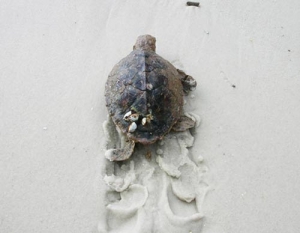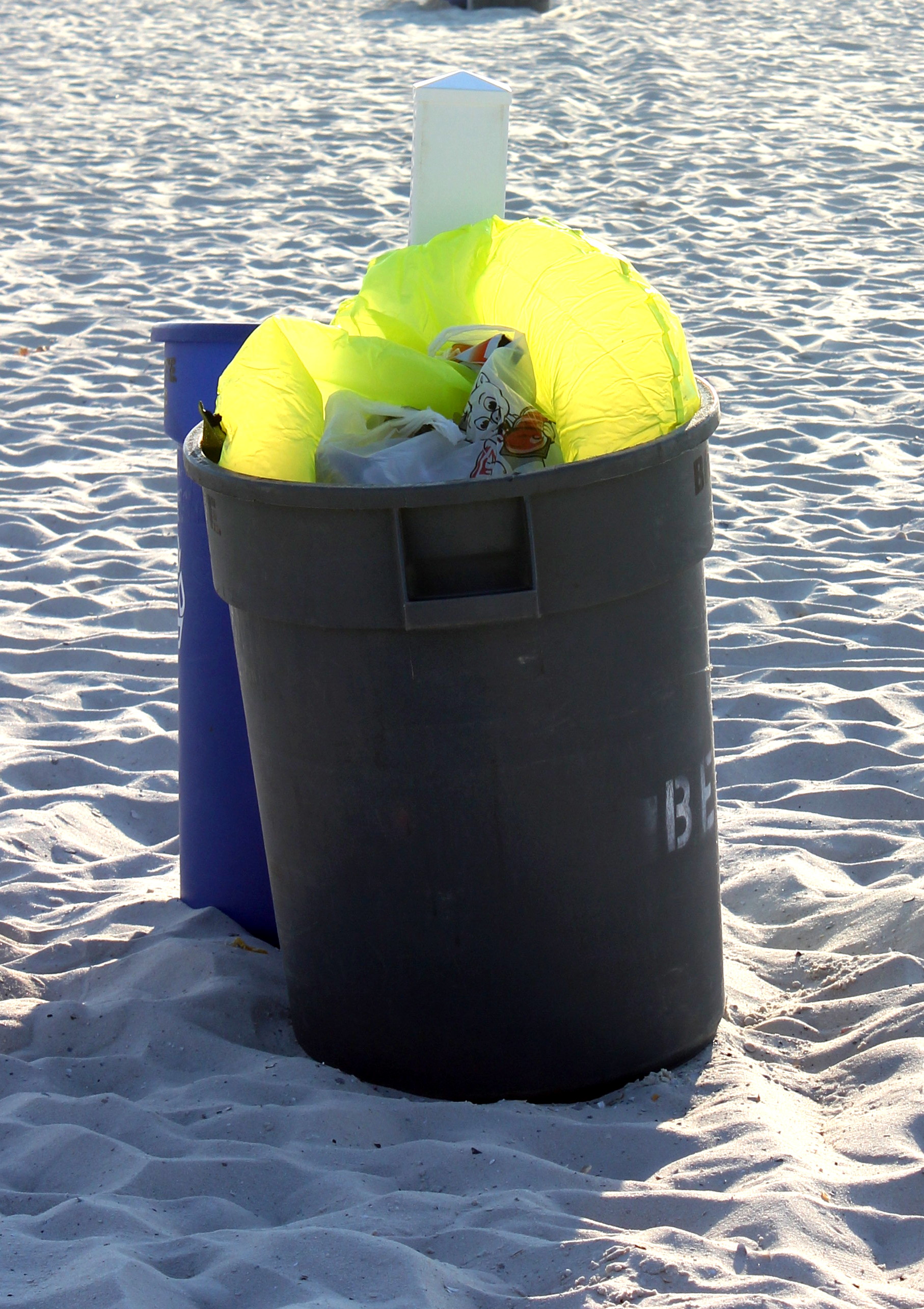Plastic bags are everywhere, seemingly as numerous as the grains of sand on the beach, littering, clogging and lying abandoned in our environment at an ever-increasing rate. We think nothing of seeing these bags blow across parking lots and other landscapes. These thin scraps of plastic, however, are causing damage, especially in fragile marine ecosystems.
- Approximately 17 billion pounds of plastics are estimated to flow into the oceans every year from the 192 countries with coastal access, according to the group Ocean Conservancy. It’s not just plastic bags, it’s also plastic bottles and other items.
- Plastic bags are not biodegradable, but photodegradable, meaning they break down when exposed to sunlight. The smaller pieces of plastic are then eaten by fish, sea turtles, birds and mammals, leading to death from starvation because of intestinal blockage. Any toxic additives they contain are absorbed by the animal or environment.
- Greenpeace says that at least 267 marine species are known to have suffered from getting tangled in or ingesting marine debris. Nearly 90 percent of that debris is plastic.
 Approximately 100,000 sea turtles and other marine animals die every year because they either mistake the bags for food or get strangled in them, says Natural Environment.
Approximately 100,000 sea turtles and other marine animals die every year because they either mistake the bags for food or get strangled in them, says Natural Environment.
- An estimated 500 billion to 1 trillion plastic bags are used each year worldwide.
- In 2015, Gulf Shores alone hauled away 42 tons of plastic equivalent to 4.2 million plastic bottles.
Some countries, such as China and Bangladesh, have banned plastic bags. Ireland has placed a per-bag tax on each one used. Washington, D.C. has enacted a similar rule, charging five cents for each bag used.
Under the rules of Leave Only Footprints, recently adopted by Gulf Shores and Orange Beach, beach visitors should gather their trash every day and place it in cans designated for landfill and for recycling. You can avoid plastic bags by using cloth bags when you go to the store. For every cloth bag you use, you can save six plastic bags per week, 24 bags per month, 288 bags per year, and 22,176 bags in a lifetime. Let’s keep plastic bags off the beach and out of the Gulf of Mexico so that we can Leave Only Footprints.



Leave A Comment